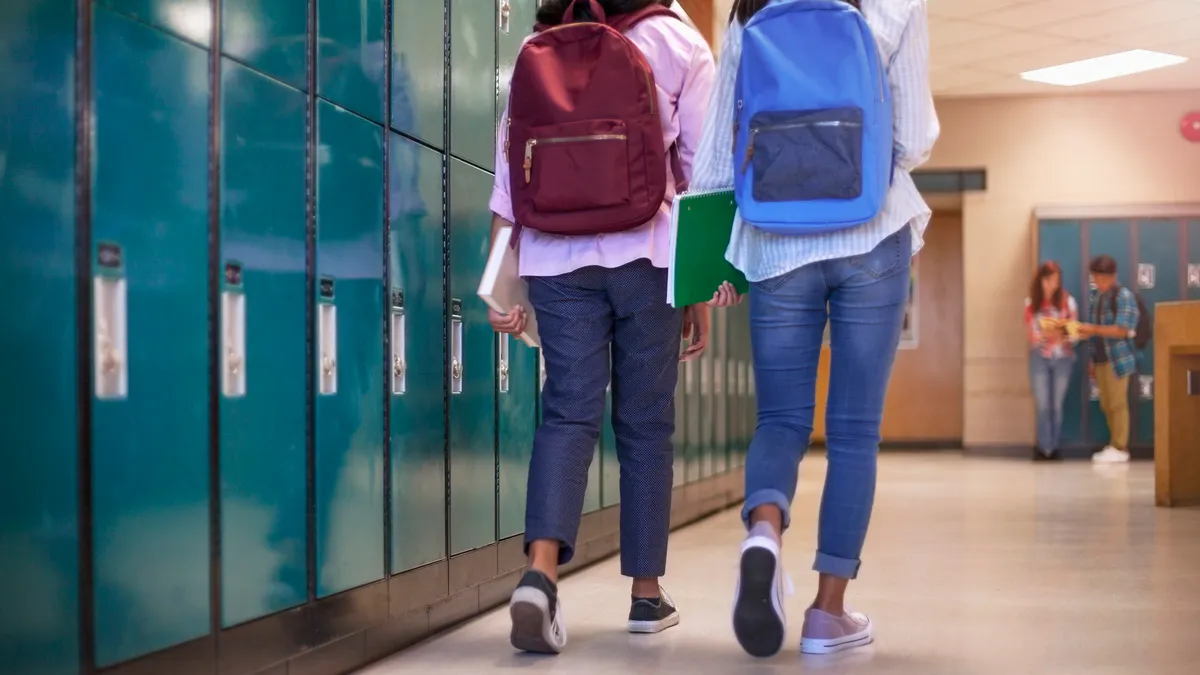An effort underway at four middle schools in three states aims to strengthen family-school-community partnerships with the goal of providing effective and integrated mental health supports to students and staff, speakers at the virtual U.S. Office of Special Education Program's Leadership and Project Directors' Conference said Monday.
Project EPIC is launching at a rural middle school in New York, two middle schools in a suburban Illinois district and one urban middle school in Wisconsin, said Andy Garbacz, associate professor in school psychology at the University of Wisconsin, Madison. Garbacz is also co-director of the School Mental Health Collaborative. Project EPIC, a research project under the collaborative, is funded through the U.S. Department of Education’s Office of Special Education and Rehabilitative Services.
"Our overall goal is to build capacity within these different districts to sustain rigorous and effective school mental health strategies that really center on the voice and experiences of families and youth," Garbacz said.
The approach is to align the schools' partnership with families and their communities within an Interconnected Systems Framework, which is a process for integrating positive behavioral intervention supports, or PBIS, and mental health supports.
The benefits of the collaborations, Garbacz said, will be bringing together evidence-based PBIS interventions with the active participation of families and children.
The process starts by investigating what activities and resources the schools already use and what other supports — such as technical assistance and professional development — are needed.
It's not about introducing new initiatives, but about reorganizing a set of systems and being deliberate in partnership relationships, Garbacz said.
"Our findings will hopefully provide opportunities for further alignment, integration, and even potential elimination of ineffective practices, with the idea that we'll be working smarter and not harder," Garbacz said.
Kelly Perales, co-director of the Midwest PBIS Network, said the project will continue over the next five years. Increasing concerns about youth mental health struggles fueled the work, which follows guidance from the U.S. Department of Education on supporting the social-emotional needs of students.
Better integration of resources and community and family partners can lead to using school community data to identify best practices to address needs, as well as collaboration on measuring student outcomes, Perales said.
"So the big idea is for districts and community partners to examine all of their related initiatives and practices and align them into the evidence-based multi-tiered system of support known as PBIS," Perales said.














